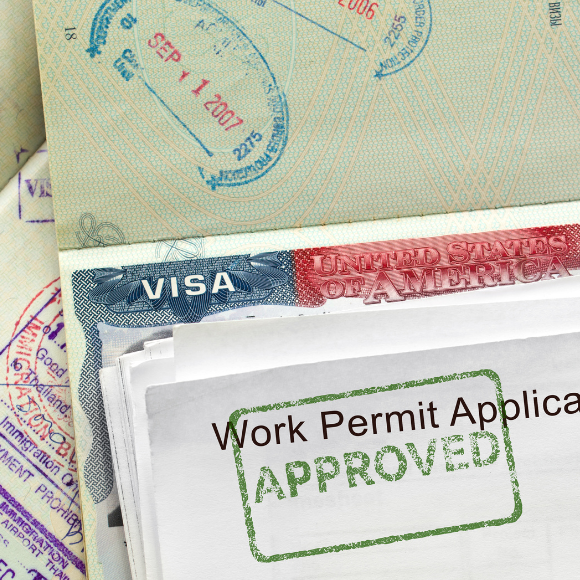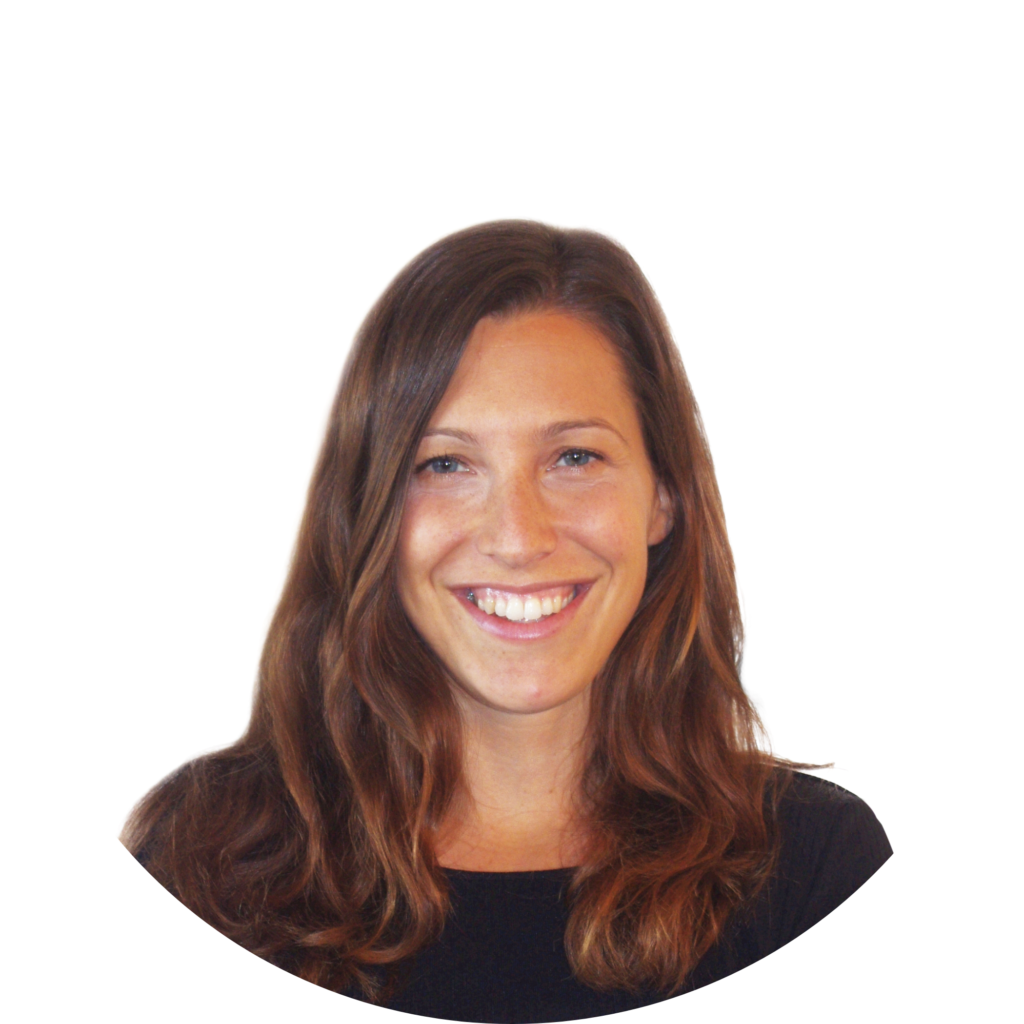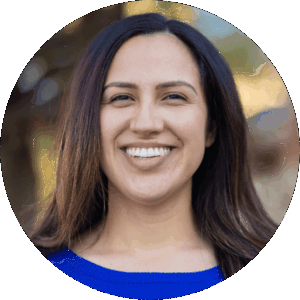When applying for a B permit to live and work in Switzerland for more than one year, you need to demonstrate at least an A1 level in listening and speaking German, French, or Italian, depending on the local language of the canton where you live.
Some cantons may have a written language exam and ask you to sign an integration agreement that includes a language requirement, as well. To ensure that you achieve a high enough score on the Swiss language proficiency exams, it’s best to enroll in a reputable A1 German course or a program that prepares you for assessments in French or Italian.
How Do I Know Which Language to Learn?
Switzerland has four national languages. German is the most widely spoken, followed by French, Italian, and Romansh (spoken only in the canton of Grisons). Each canton sets its own rules and requirements about integration and language, so you need to check with the migration officials in your canton to identify the official local language needed for a B permit there.
Considerations When Choosing a Language Program
Starting in 2020, language proficiency certificates submitted as part of residency applications must come from an approved language school that meets international standards. The Secretariat for Migration (SEM), the agency that manages and approves visa and residency applications, can also provide a list of the types of language certificates it will accept.
Narrow down your options for a language program by researching the most effective programs for Swiss language and integration. Look into the program’s reputation and schedule. cost, additional support services, and the certificate they offer. From there, take a close look at your availability and learning style. Does the program you’re considering align with all your personal needs?
What the Program May Offer
Language program prices will vary depending on the institution, course type, and duration. Intensive programs are more expensive. Ensure the program issues certificates recognized by Swiss authorities, and ask if they offer integration support, B permit integration test sample questions, or other services that might help you secure long-term residency.
What Your Needs Are
Consider your learning preferences and the time you have available to dedicate to language learning. You may benefit more from group classes, online learning, or one-on-one tutoring. Do you want a full-time or part-time program that meets weekly or is structured as an intensive immersion experience?
Types of Language Programs
Many cantons sponsor subsidized language courses designed to help foreign nationals meet the B permit language and cultural integration requirements. Private language schools that align with the Common European Framework of Reference for Languages (CEFR) are another option.
Many programs follow the FIDE methodology for acquiring practical conversational language. FIDE (Français, Italiano, Deutsch in Switzerland) is a conceptual framework for linguistic integration developed by the Swiss migration authorities to ensure that individuals who come to Switzerland speaking other languages can integrate into their communities.
Set Yourself Up for Success
Finding the best integration language program involves considering your specific needs, location in Switzerland, learning style, and budget. Start learning the local language well in advance of taking the language proficiency exams needed for a B permit by reaching out to German Academy Zurich. We take a personalized approach to language learning, combining private lessons with a native speaker and an AI-powered learning platform to help you achieve an A1 level of German more quickly and efficiently!












